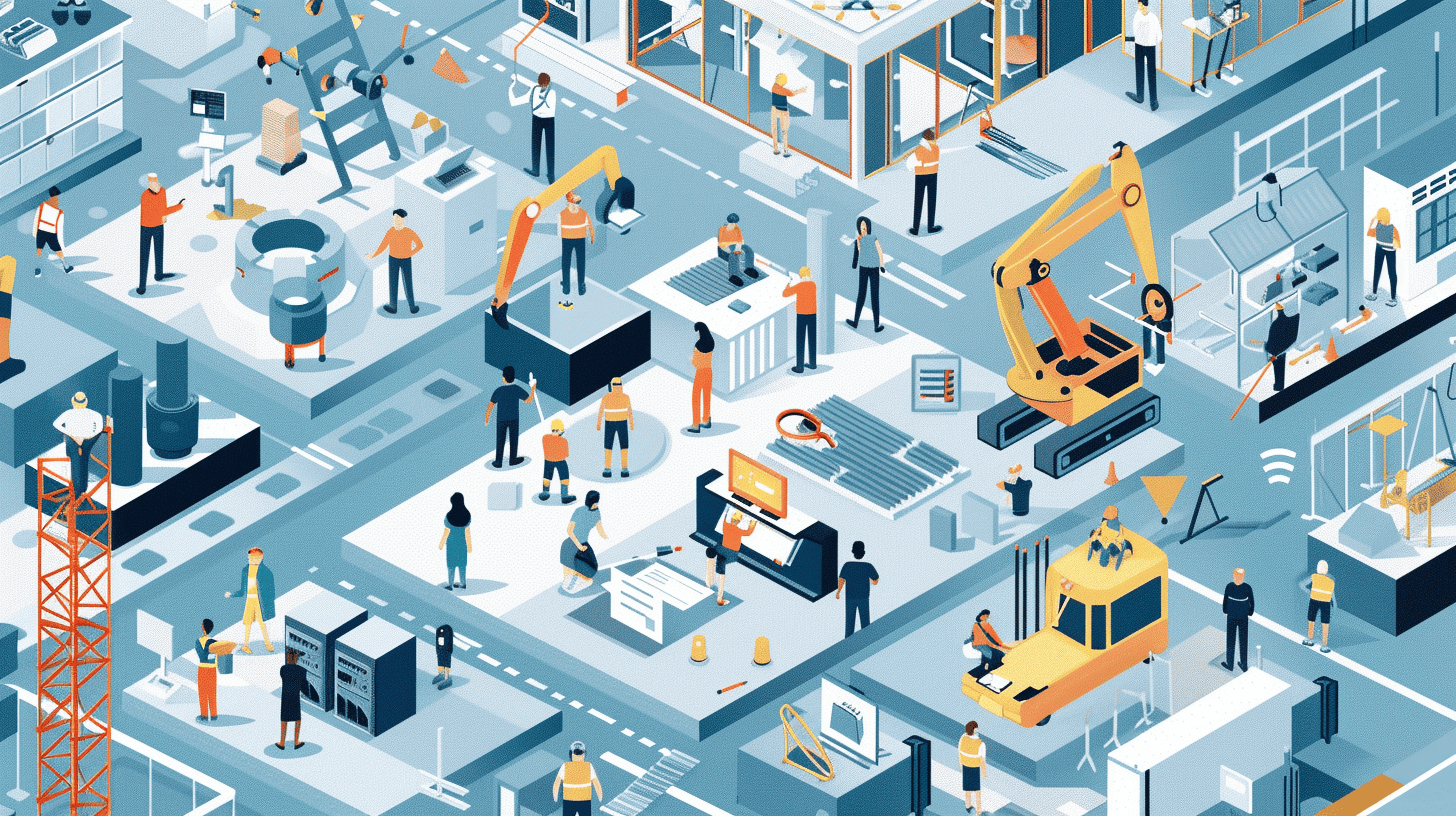
Will goods between Rotterdam and Amsterdam soon be transported completely emission-free in the Hyperloop? The possibility of connecting the largest urban area in the Netherlands in this way is at least currently being studied. The goal of the study by various regional governments, national and international companies and network organizations is to “identify challenges and find solutions faced by urban areas in other parts of Europe to pave the way for investment in Hyperloop infrastructure across the continent,” Hardt Hyperloop reports. “Such a network would enable goods to be sent across Europe in hours rather than days, and a global network would reduce transport times to a matter of days.”
A game changer for transportation
The study focuses on the country’s busiest national freight route, between the cities of Rotterdam and Amsterdam. Connecting production facilities, retailers and buyers with a Hyperloop would have the advantage of both reducing truck traffic on the road and significantly shortening transportation times. There would also be lower maintenance costs for the infrastructure and an improvement in air quality due to reduced emissions. The latter would be an important step for the transportation sector, contributing to its climate agreement goals, the parties stress.
“The Hyperloop is a game changer for transportation, just like the container was in the 1960s,” says Walther Ploos van Amstel, an economist and lecturer in urban logistics at the University of Applied Sciences in Amsterdam, Netherlands. “The competitive power of the regions will shift. The Netherlands, as the primary logistics port in Europe, must respond to this now.”
More articles on the Hyperloop
Reduced transport times could enable a cargo hyperloop to offer major benefits for the fresh produce industry, which accounts for a significant portion of Dutch exports. “This collaboration constitutes a significant step in the development of this new mode of transportation for goods. It will allow us to deliver faster, at higher capacity and at a lower cost,” emphasizes Rik Roeske, project manager of the Cargo Hyperloop. “We’ll be able to move goods at speeds that are very competitive with trucks, more frequently and with smaller shipments.” Because the system operates autonomously and holistically, he says, capacity can be adjusted with platooning as needed. “Of course, this doesn’t just apply to Dutch industry. Many other markets, such as e-commerce and worldwide pharmaceuticals, would also benefit from such a network.”
First commercial hyperloop application
The study will focus primarily on issues such as product requirements, integration, socioeconomic costs/benefits and operations and maintenance, as well as decision-making for possible next steps. Results are expected to be available and the study completed by mid-2022. Participating parties will all contribute valuable experience, knowledge and the data necessary to assess the feasibility of a Hyperloop freight system.
The study is being conducted as part of the Hyperloop Development Program (HDP), a joint public-private partnership for the development of the Hyperloop announced in late 2020. It is being supported financially by the Dutch government and focuses on developing the Hyperloop as a new sustainable mode of transportation for both passengers and freight.
The first activity is to identify initial cargo routes and explore their potential. A cargo hyperloop system requires smaller infrastructure than a passenger system and will soon be tested at the European Hyperloop Center in the Dutch province of Groningen, according to project members in Delft. As soon as these tests are completed, the system will be ready for commercial operation.








